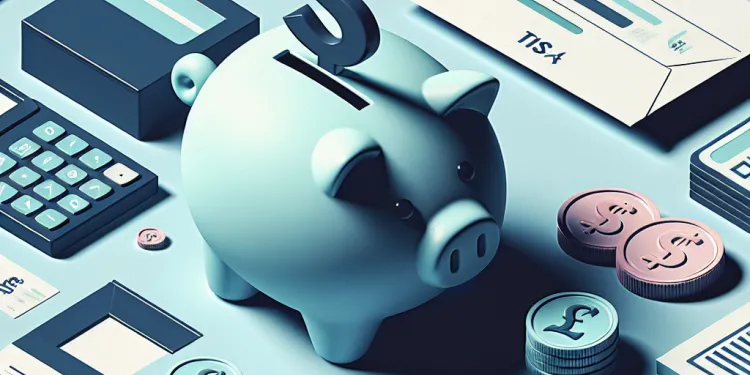
Find A Professional
More Items From Ergsy search
-
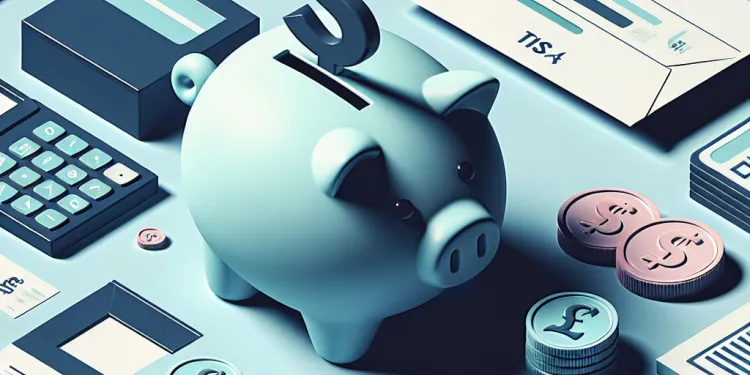
Do I need to declare my ISA income on my tax return?
Relevance: 100%
-

How does an ISA generate passive income?
Relevance: 75%
-
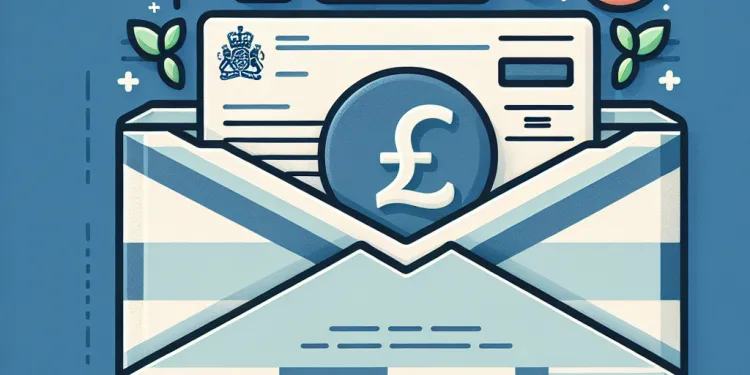
Is the tax refund amount taxable?
Relevance: 71%
-
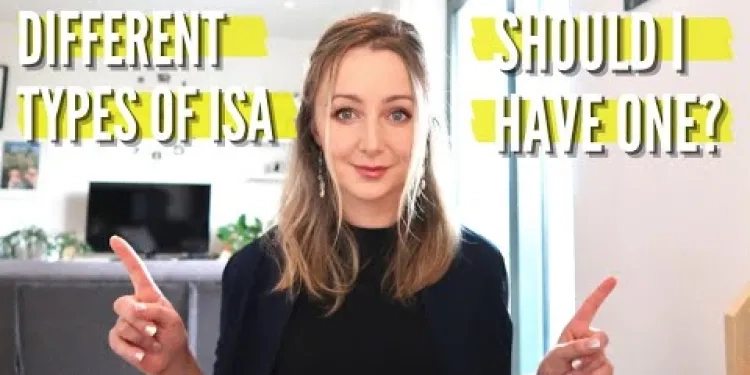
What Is An ISA UK (Should I have an ISA & Different Types Of ISAs)
Relevance: 63%
-

What is a realistic rate of return for an investment ISA?
Relevance: 60%
-

What types of ISAs can I use for investments?
Relevance: 59%
-

What is an ISA?
Relevance: 59%
-

Can my tax refund be applied to my future tax obligations?
Relevance: 59%
-
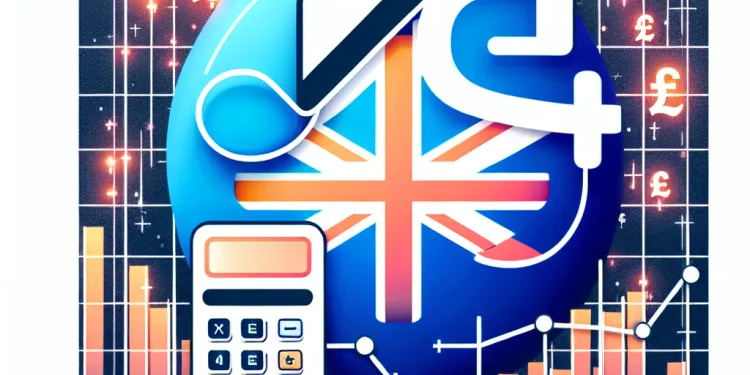
How is the tax refund amount calculated?
Relevance: 58%
-
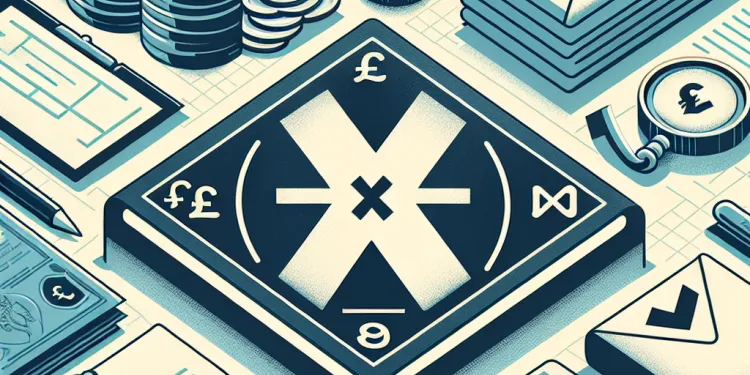
Is it necessary to complete a final tax return for the deceased?
Relevance: 58%
-

Would a wealth tax replace other taxes in the UK?
Relevance: 58%
-

What happens to a deceased’s Income Tax if they were employed?
Relevance: 57%
-

How much would I need in an ISA to generate £2,000 monthly?
Relevance: 56%
-
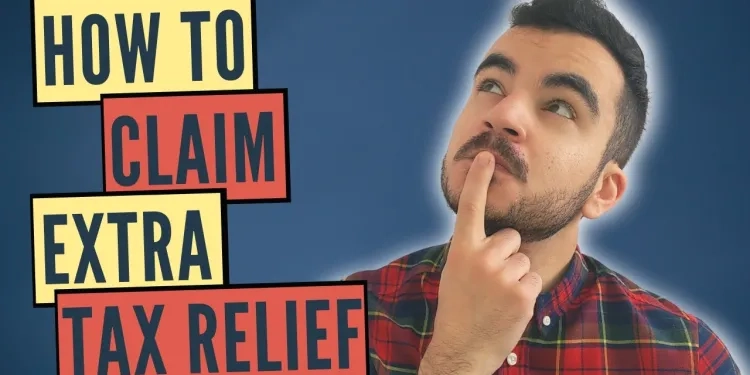
Higher Income Tax - How to Claim Pension Tax Relief | Extra 20% Boost
Relevance: 55%
-

How much would I need in an ISA for a £2k monthly passive income?
Relevance: 53%
-
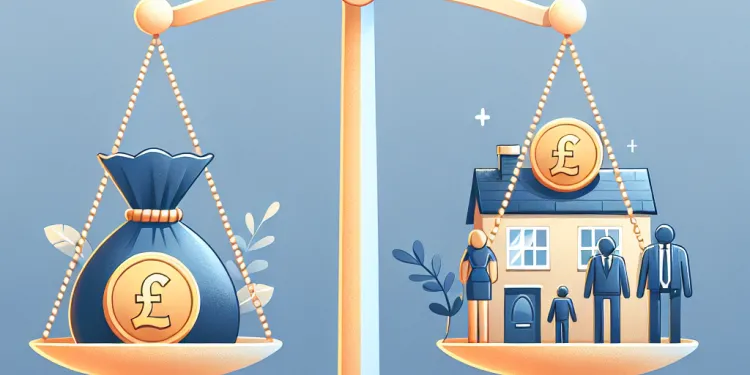
Do unpaid tax debts affect Inheritance Tax calculations?
Relevance: 51%
-

How will dividend taxation change in April 2026?
Relevance: 51%
-

What is the wealth tax in the UK?
Relevance: 50%
-

Are these grants taxable?
Relevance: 50%
-

Saving for the Future: The Best ISAs to Consider Right Now
Relevance: 49%
-

Could a wealth tax encourage tax avoidance?
Relevance: 49%
-
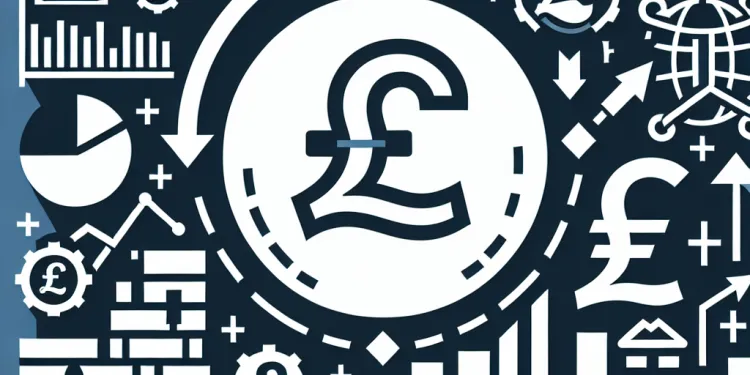
Will income thresholds for tax reliefs be revised in 2026?
Relevance: 49%
-

What are the HMRC income tax changes coming into effect in April 2026?
Relevance: 48%
-

What is the role of an executor in handling tax debts?
Relevance: 48%
-

How might these changes affect taxpayers on PAYE?
Relevance: 47%
-

Can I invest in foreign stocks with an ISA?
Relevance: 46%
-

How are dividends in an ISA taxed?
Relevance: 46%
-

What Happens to Tax Debt After Death? (UK Laws)
Relevance: 46%
-
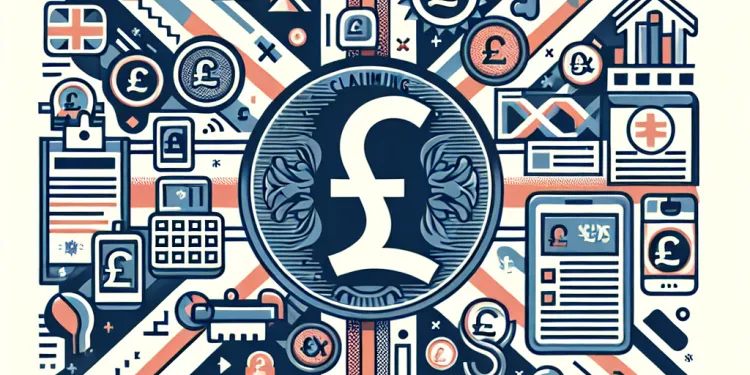
How do I claim my tax refund from HMRC?
Relevance: 45%
-

What happens if I exceed the ISA contribution limit?
Relevance: 45%
-
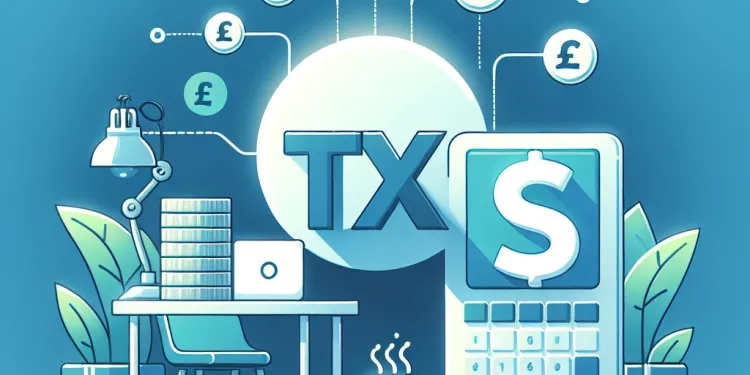
HMRC Tax Refund letters
Relevance: 45%
-

Why did I receive a tax refund letter from HMRC?
Relevance: 44%
-
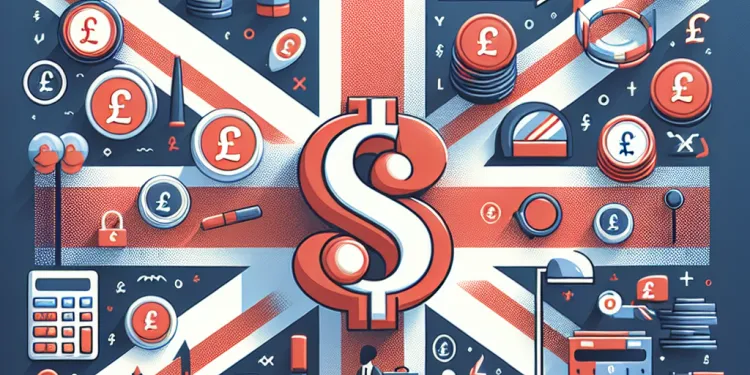
What should business owners expect from income tax changes in 2026?
Relevance: 44%
-

What are HMRC Income Tax Changes in April 2026?
Relevance: 44%
-

Can I transfer my ISA between providers?
Relevance: 44%
-

Are there any planned changes to tax bands for April 2026?
Relevance: 43%
-
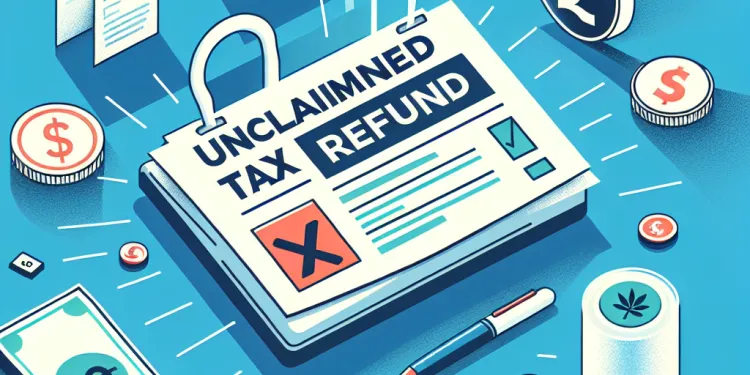
What happens if I do not claim my tax refund?
Relevance: 43%
-

How does council tax relate to wealth in the UK?
Relevance: 43%
-

What is the Wealth Tax in the UK?
Relevance: 43%
-

Do I need to report the Winter Fuel Payment on my tax return?
Relevance: 42%
Understanding ISA Income
Individual Savings Accounts (ISAs) are a popular investment choice for many people in the UK due to their tax advantages. An ISA allows individuals to save or invest a certain amount of money each year without being subject to income tax or capital gains tax on the returns. However, you may wonder whether you need to declare your ISA income on your tax return.
Types of ISAs
There are several types of ISAs available, including Cash ISAs, Stocks and Shares ISAs, Innovative Finance ISAs, Lifetime ISAs, and Junior ISAs. Each type of ISA serves different purposes and can invest in various assets, but they all share the core benefit of offering tax-free returns to account holders. The tax-free feature is one of the primary attractions of ISAs.
Tax Implications of ISA Income
The main advantage of ISAs is that the income they generate, whether from interest, dividends, or capital gains, is not subject to UK tax. As a result, any income or capital gains generated within an ISA does not need to be included in your annual tax return. This tax-efficient structure helps simplify the process for many investors and savers, as there is typically no need to worry about reporting the income earned from ISAs.
Do You Need to Declare ISA Income?
For UK taxpayers, the income or gains within an ISA do not need to be reported to HMRC on a tax return. This applies to all types of ISAs, whether you're earning interest in a Cash ISA, receiving dividends in a Stocks and Shares ISA, or realizing capital gains. Since ISAs offer tax exemption on the income and gains generated, they typically do not impact your tax liability or the contents of your tax return.
Exceptions and Additional Considerations
While ISA income is generally excluded from your tax return, certain situations could require additional attention. For instance, if you inadvertently exceed your ISA annual subscription limit, HMRC might disqualify part of your ISA, which could affect the tax-free status of the income generated. Additionally, if you have investments outside of ISAs or other non-tax-efficient investments, these might still need to be reported on your tax return.
Conclusion
In summary, one of the significant benefits of holding investments within an ISA is the ability to earn tax-free income and gains. For this reason, there is no need to declare ISA income on your tax return in the UK. Nevertheless, it is always important to be aware of the ISA rules and limits to ensure compliance and maintain the tax advantages provided by these accounts.
Understanding ISA Income
Individual Savings Accounts, or ISAs, are a way to save money in the UK. People like ISAs because they don't have to pay tax on the money they make with them. When you put money in an ISA, you can save or invest it. Each year, you can put a certain amount in without paying tax. Now, you might wonder, "Do I need to tell the government about my ISA money?"
Types of ISAs
There are different kinds of ISAs: Cash ISAs, Stocks and Shares ISAs, Innovative Finance ISAs, Lifetime ISAs, and Junior ISAs. Each one is a bit different, but they all have the same good thing: you don't pay tax on the money you make. That's why many people like ISAs.
Tax Rules for ISA Money
The best thing about ISAs is you don't pay tax on the money you make from them. This includes money from interest, dividends, or capital gains. Because of this, you don’t have to write down this income on your tax form. This makes things easier for people who save or invest with ISAs.
Do You Need to Tell About ISA Money?
In the UK, you don't have to tell the tax office about the money you make in an ISA. This is true for all ISAs, whether you make money from interest, dividends, or capital gains. ISAs let you keep the money you make tax-free, so they don’t change what you put on your tax forms.
Things to Watch Out For
Even though you don’t usually have to tell about ISA money, there are some things to be careful about. If you put in more money than the rules allow in one year, the tax office might say some of your ISA is not tax-free. Also, if you have other savings outside ISAs, you might still need to tell about those in your tax forms.
Conclusion
To sum up, ISAs are great because you don’t pay tax on the money you make. You don’t need to tell the tax office about ISA money in the UK. However, always remember to follow the ISA rules. This way, you can keep the tax benefits safe.
Frequently Asked Questions
What is an ISA?
An ISA, or Individual Savings Account, is a tax-efficient savings and investment account available to UK residents.
Do I need to declare my ISA income on my tax return?
No, ISA income is generally tax-free and does not need to be declared on your UK tax return.
Are there any exceptions where I need to declare ISA income?
In general, there are no exceptions. All income earned within an ISA is tax-free and does not need to be declared.
What types of ISAs are available?
There are several types of ISAs, including Cash ISAs, Stocks and Shares ISAs, Innovative Finance ISAs, and Lifetime ISAs.
What is the tax benefit of an ISA?
The main tax benefit of an ISA is that any income or gains earned within the account are tax-free.
Can both residents and non-residents of the UK open an ISA?
No, only UK residents are eligible to open an ISA.
If I have withdrawn from my ISA, does that impact my tax return?
Withdrawals from an ISA do not affect your tax return, as the funds withdrawn are not taxable.
I received dividends from my Stocks and Shares ISA. Do I need to declare them?
No, dividends received within a Stocks and Shares ISA are tax-free and do not need to be declared.
Do I need to keep records of my ISA income for tax purposes?
While you should keep general financial records, ISA income itself does not need to be reported or recorded for tax purposes.
Can I use my ISA as collateral for a loan?
No, ISAs cannot be used as collateral or security for a loan.
What happens to my ISA if I move abroad?
You can no longer contribute to your ISA if you move abroad, but your existing ISA can remain, and any income will still be tax-free in the UK.
What happens to ISA income upon death?
ISA income maintains its tax-free status until the date of death, and then the account will be subject to normal estate rules.
Can I transfer my ISA to another provider without losing tax benefits?
Yes, you can transfer your ISA between providers without losing your tax benefits, as long as it is done correctly.
Is there an annual limit to how much I can invest in an ISA?
Yes, there is an annual ISA allowance, which is the maximum you can invest in ISAs each tax year.
Does interest on a Cash ISA need to be declared on my tax return?
No, interest from a Cash ISA is tax-free and does not need to be declared on your tax return.
Are there penalties for withdrawing money from my ISA?
There are no tax penalties for withdrawing from a Cash ISA or a Stocks and Shares ISA, but terms may vary for some accounts like Lifetime ISAs.
Can non-UK income be held in an ISA?
An ISA can hold foreign investments, but ISA accounts themselves are intended for UK tax residents.
Do I need to submit any ISA statements with my tax return?
No, you do not need to submit ISA statements when filing your tax return.
What if I accidentally declare ISA income on my tax return?
Contact HMRC or your tax advisor to correct your tax return if you mistakenly declare ISA income.
Do I pay tax on the growth of investments in a Stocks and Shares ISA?
No, any growth in value of investments held within a Stocks and Shares ISA is tax-free.
What is an ISA?
An ISA is a type of savings account.
You don't have to pay tax on this money.
It helps you save more money over time.
If you find reading tricky, you can:
- Use a ruler or finger to follow the words.
- Ask someone to read it with you.
- Use a reading app that reads the words to you.
An ISA is a special savings account for people living in the UK. It helps you save money without paying tax.
Do I have to tell the tax office about my ISA money?
If you have an ISA (Individual Savings Account), it makes your money special. You don’t usually have to tell the tax office about the money you make from an ISA. That's because it's tax-free!
Remember this:
- ISAs help you save money without paying tax.
- If you’re not sure, you can ask a grown-up for help.
Here are some tools that might help:
- Ask a friend or family member: They can help you understand.
- Use a calculator: It can show you how much money is in your ISA.
ISA income is usually tax-free. This means you don't have to put it on your UK tax return.
Do I ever need to tell anyone about money from my ISA?
Most of the time, you don't have to tell anyone about money you earn in an ISA. An ISA is a special bank account where you don't pay tax on the money you make.
But there might be some times when you do need to tell someone. If you're not sure, you can ask an adult for help or use a tool like a calculator to check your numbers. You can also call a helpline for advice.
ISAs are special bank accounts. In most cases, any money you make in an ISA is tax-free. This means you don't have to tell the government about it.
What kinds of ISAs can you get?
There are different kinds of ISAs you can choose from. These include Cash ISAs, Stocks and Shares ISAs, Innovative Finance ISAs, and Lifetime ISAs.
If you need help reading, you can try using a text-to-speech tool. This tool can read the words out loud for you. It's like having a friendly voice read to you.
How can an ISA help me save on taxes?
An ISA is a special way to save money. You don't have to pay tax on the money you earn in your ISA. This means you might save more money.
Some ways to learn more:
- Talk to someone who knows about money, like a bank worker.
- Look for easy books or websites about saving money.
- Use apps that help you manage your money.
The best thing about an ISA is that you don't have to pay tax on the money you make or the money you earn inside it.
Who Can Open an ISA in the UK?
If you live in the UK, you can open an ISA.
If you do not live in the UK, you cannot open an ISA.
Tip: If it's hard to read, ask someone for help, or use apps that read text out loud.
No, only people who live in the UK can open an ISA.
If I took money out of my ISA, will it change my taxes?
If you took money from your ISA, it does not change your taxes. You don't have to tell the tax office.
Tips to help:
- You can use a dictionary to understand words.
- Ask someone to read it with you.
Taking money out of an ISA does not change your tax return. The money you take out is not taxed.
I got money from my Stocks and Shares ISA. Do I need to tell anyone?
If you have a Stocks and Shares ISA, you might get money called dividends. This is like a thank you for having shares.
The good news is you don't have to tell the tax people about this money. It’s tax-free, so you can keep it all.
If you’re still not sure, ask a friend or use a calculator that helps with taxes. It's okay to ask for help!
No, if you get money from your Stocks and Shares ISA, you don't have to pay tax and you don't have to tell anyone about it.
Do I need to keep notes about my ISA money for taxes?
It's good to keep track of your money, but you don't need to tell the tax people about the money you make from an ISA.
Can I use my ISA to get a loan?
No, you cannot use an ISA to get a loan.
What happens to my ISA if I move to another country?
If you move to another country, your ISA (Individual Savings Account) might change. Here is what could happen:
- You can keep your ISA when you move.
- You can't add more money to your ISA while you live in another country.
- Your money in the ISA will still earn interest or grow.
- When you come back to the UK, you can put more money into your ISA again.
Talk to a financial advisor for more help. They can explain what is best for your money. Using pictures or simple charts could also help you understand better.
If you move to another country, you can't add more money to your ISA. But you can keep the ISA you already have. Any money you earn from it won’t be taxed in the UK.
What happens to ISA money when someone dies?
When a person dies, their money in an ISA needs to be handled. Here's how it works:
1. The ISA money can usually be passed on to a partner or family member. Check if they have a 'spouse' or 'partner'.
2. The bank or ISA provider should be told about the person’s death. This helps keep things in order.
3. Sometimes, the money can stay in the ISA for a while and still earn interest or grow.
4. It’s important to talk to someone who knows about finances to help understand what to do next. This could be a financial advisor.
Some helpful tools and techniques:
- Use pictures or diagrams to help explain.
- Ask a friend or family member to help read and explain.
- Find easy-to-read guides about ISAs online.
Money in an ISA doesn't have to pay tax while the person is alive. When the person dies, regular rules for their money and things apply.
Can I move my ISA to a new bank and keep tax benefits?
Yes, you can move your ISA from one bank to another. You will still keep your tax benefits, but you need to do it the right way.
Can I only put a certain amount of money in an ISA each year?
You can use tools to help you read, like audiobooks or apps that read text out loud.
Yes, there is a limit to how much money you can put into ISAs each year.
Do I need to tell the tax office about interest from a Cash ISA?
A Cash ISA is a special savings account. It helps you save money without paying tax on the interest.
You do not need to tell the tax office about the interest from a Cash ISA. It is tax-free. This means you keep all the money the bank adds to your savings.
If you need help with your taxes, ask someone you trust or use simple guides online.
No, you do not have to pay tax on the money you earn from a Cash ISA. You also do not need to tell anyone about it when you do your taxes.
Will I have to pay a fee if I take money out of my ISA?
It is important to know if there is a charge for taking money out of your Individual Savings Account (ISA). Here are some tips:
- Check with your bank or provider. They can tell you the rules about your ISA.
- Read your ISA agreement to see if there are any fees.
- Use a calculator to work out how much you might lose if there is a penalty.
You can take money out of a Cash ISA or a Stocks and Shares ISA without having to pay extra taxes. But some accounts, like Lifetime ISAs, might have different rules.
Can I keep money made outside the UK in an ISA?
Sometimes people make money in other countries. An ISA is a special account to help save money without paying tax in the UK.
If you have money from outside the UK, you might wonder if you can put it in an ISA. It is best to ask a bank or a financial expert for help. They can tell you the rules.
You can also look online for information about ISAs. If you find it hard to read, ask someone you trust to explain it to you.
Using pictures or videos about ISAs can help make learning easier too.
You can put foreign investments in an ISA, but you need to live in the UK to have an ISA account.
Do I have to send ISA papers when I do my taxes?
When you fill out your tax form, you might need to send some papers. If you have an ISA (a special savings account), check if you need to send any statements about it.
Helpful Tip: Ask a friend or use online tools to get more help with your tax form.
No, you don't need to send ISA papers when you do your taxes.
What happens if I say I earned money from my ISA by mistake on my tax form?
If you make a mistake on your tax form, it is okay.
An ISA is a special savings account. You do not pay tax on the money you make from it.
If you accidentally put ISA money on your tax form, you can fix it.
You can talk to someone at the tax office for help. You can also use a calculator or ask a friend to check your form.
If you put the wrong ISA information on your tax form, talk to HMRC or your tax helper to fix it.
Do I need to pay tax on money I make with a Stocks and Shares ISA?
No, if your investments get bigger in a Stocks and Shares ISA, you do not have to pay any tax.
Useful Links
- Ergsy carfully checks the information in the videos we provide here.
- Videos shown by Youtube after a video has completed, have NOT been reviewed by ERGSY.
- To view, click the arrow in centre of video.
- Most of the videos you find here will have subtitles and/or closed captions available.
- You may need to turn these on, and choose your preferred language.
- Go to the video you'd like to watch.
- If closed captions (CC) are available, settings will be visible on the bottom right of the video player.
- To turn on Captions, click settings .
- To turn off Captions, click settings again.
More Items From Ergsy search
-

Do I need to declare my ISA income on my tax return?
Relevance: 100%
-

How does an ISA generate passive income?
Relevance: 75%
-

Is the tax refund amount taxable?
Relevance: 71%
-

What Is An ISA UK (Should I have an ISA & Different Types Of ISAs)
Relevance: 63%
-

What is a realistic rate of return for an investment ISA?
Relevance: 60%
-

What types of ISAs can I use for investments?
Relevance: 59%
-

What is an ISA?
Relevance: 59%
-

Can my tax refund be applied to my future tax obligations?
Relevance: 59%
-

How is the tax refund amount calculated?
Relevance: 58%
-

Is it necessary to complete a final tax return for the deceased?
Relevance: 58%
-

Would a wealth tax replace other taxes in the UK?
Relevance: 58%
-

What happens to a deceased’s Income Tax if they were employed?
Relevance: 57%
-

How much would I need in an ISA to generate £2,000 monthly?
Relevance: 56%
-

Higher Income Tax - How to Claim Pension Tax Relief | Extra 20% Boost
Relevance: 55%
-

How much would I need in an ISA for a £2k monthly passive income?
Relevance: 53%
-

Do unpaid tax debts affect Inheritance Tax calculations?
Relevance: 51%
-

How will dividend taxation change in April 2026?
Relevance: 51%
-

What is the wealth tax in the UK?
Relevance: 50%
-

Are these grants taxable?
Relevance: 50%
-

Saving for the Future: The Best ISAs to Consider Right Now
Relevance: 49%
-

Could a wealth tax encourage tax avoidance?
Relevance: 49%
-

Will income thresholds for tax reliefs be revised in 2026?
Relevance: 49%
-

What are the HMRC income tax changes coming into effect in April 2026?
Relevance: 48%
-

What is the role of an executor in handling tax debts?
Relevance: 48%
-

How might these changes affect taxpayers on PAYE?
Relevance: 47%
-

Can I invest in foreign stocks with an ISA?
Relevance: 46%
-

How are dividends in an ISA taxed?
Relevance: 46%
-

What Happens to Tax Debt After Death? (UK Laws)
Relevance: 46%
-

How do I claim my tax refund from HMRC?
Relevance: 45%
-

What happens if I exceed the ISA contribution limit?
Relevance: 45%
-

HMRC Tax Refund letters
Relevance: 45%
-

Why did I receive a tax refund letter from HMRC?
Relevance: 44%
-

What should business owners expect from income tax changes in 2026?
Relevance: 44%
-

What are HMRC Income Tax Changes in April 2026?
Relevance: 44%
-

Can I transfer my ISA between providers?
Relevance: 44%
-

Are there any planned changes to tax bands for April 2026?
Relevance: 43%
-

What happens if I do not claim my tax refund?
Relevance: 43%
-

How does council tax relate to wealth in the UK?
Relevance: 43%
-

What is the Wealth Tax in the UK?
Relevance: 43%
-

Do I need to report the Winter Fuel Payment on my tax return?
Relevance: 42%